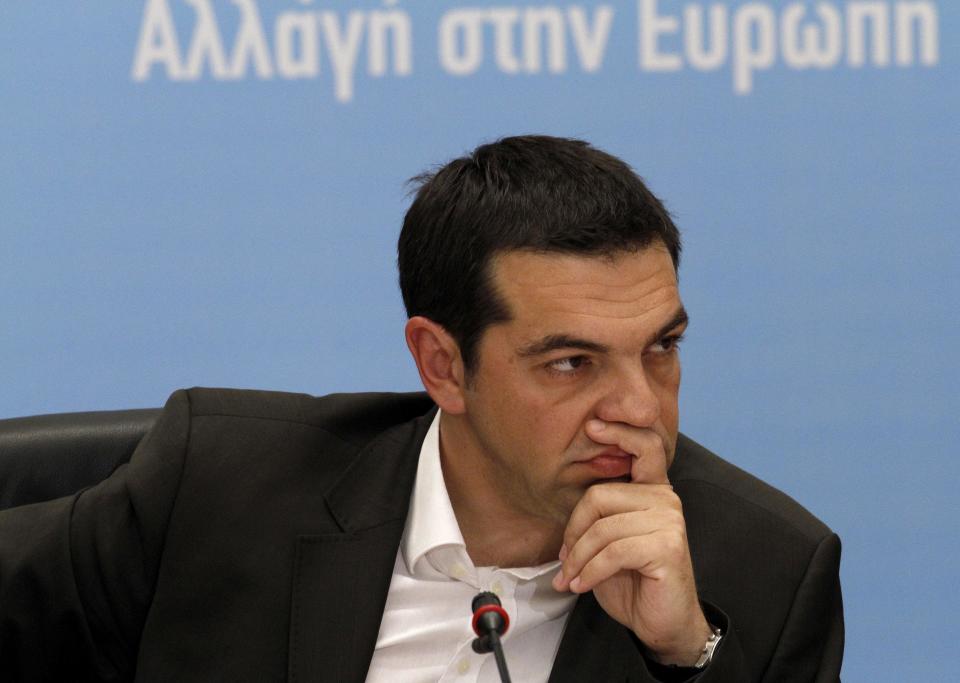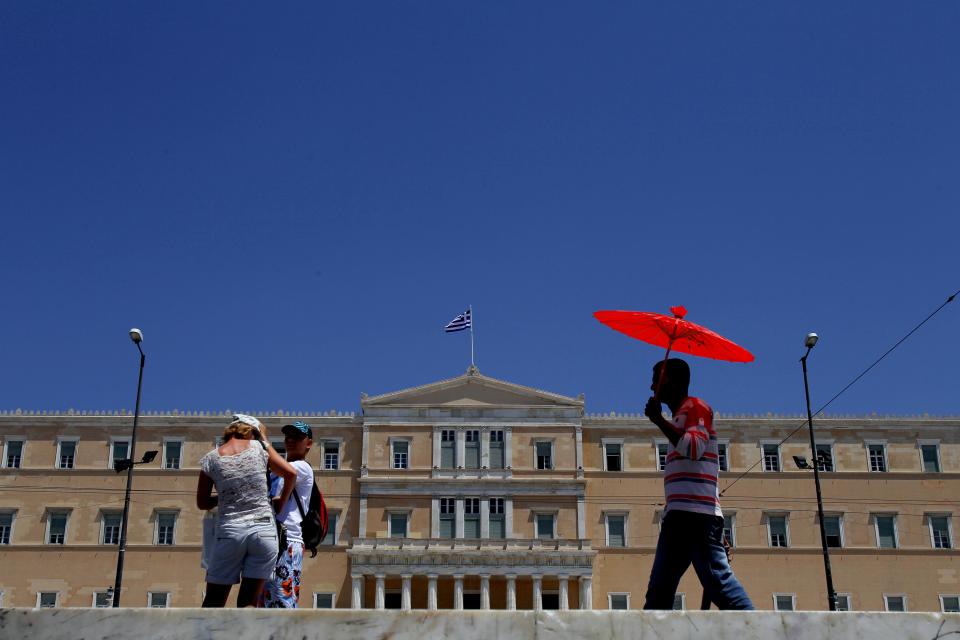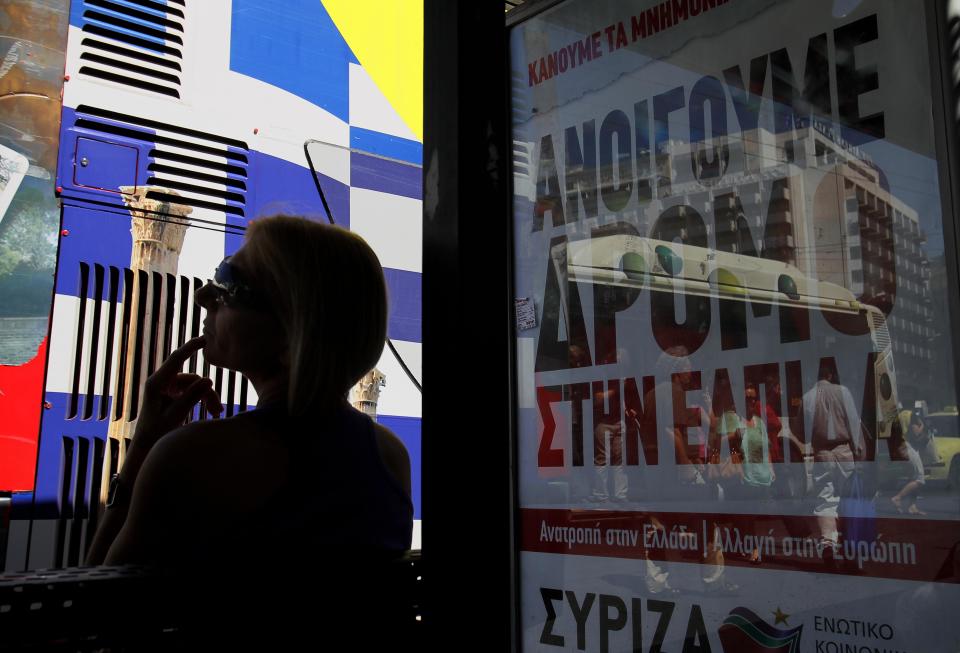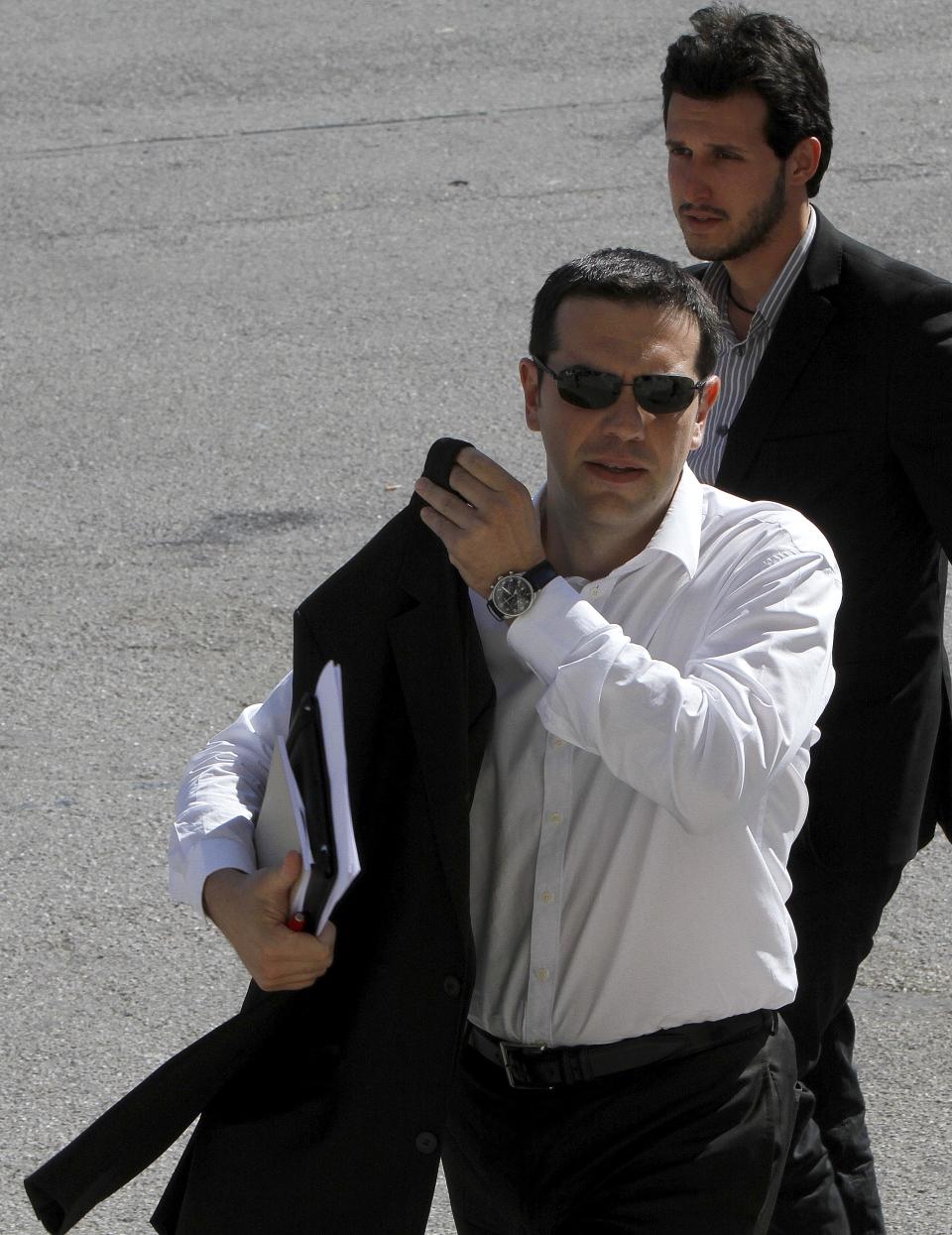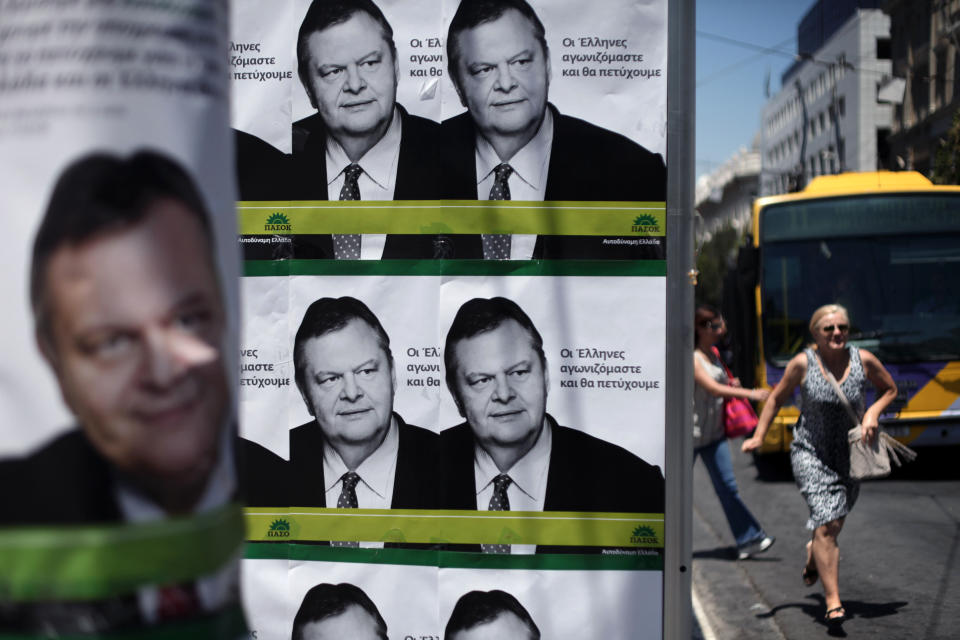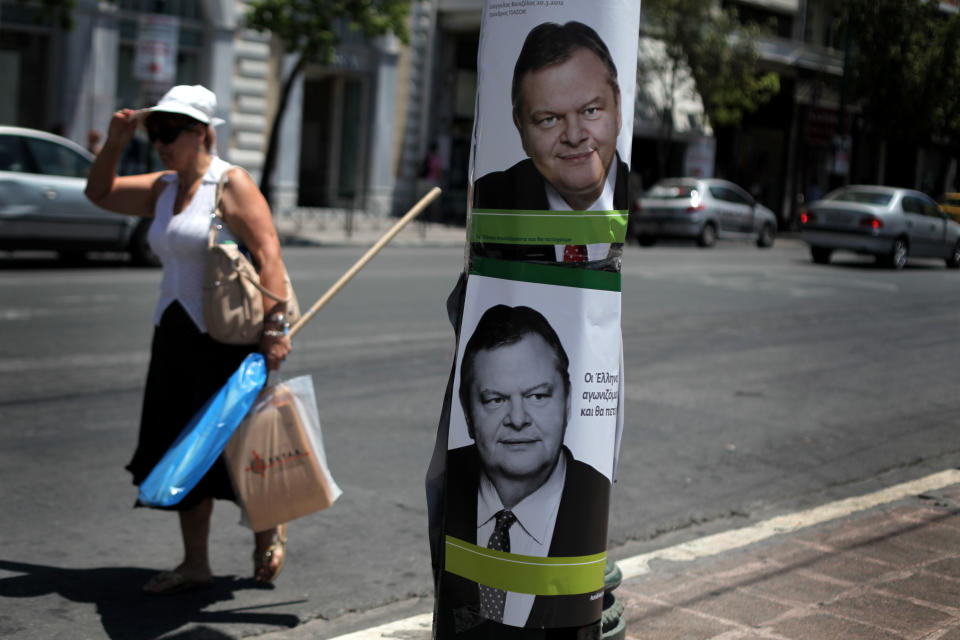Greek radical leftist insists on canceling bailout
ATHENS, Greece (AP) — Greece's bailout conditions are so catastrophic for the country they must be rejected, the radical left-wing party leader who has a strong chance of winning the country's critical election this weekend insisted Tuesday.
Alexis Tsipras, whose Syriza party came in a surprise second in the inconclusive May 6 election, said he will keep his pledge to tear up Greece's bailout deal with international creditors, saying the austerity the country has been forced to impose in return for billions of euros in rescue loans was leading Greece toward collapse.
If Athens reneges on its pledges to impose more cutbacks and reform its economy, the other European countries and International Monetary Fund who have extended it billions of euros in rescue loans could pull the plug on the funding, forcing Greece out of Europe's joint euro currency.
But Tsipras, 37, said he hoped to convince European leaders that such a scenario would pose a danger to the continued existence of the 17-nation joint currency itself.
"If one of the 17 countries is brought to collapse ... the fire will become unquenchable and will not be limited to Greece and the southern countries ... it will break up the eurozone and that will not be in anybody's interests," he said during a news conference.
Burdened by a massive debt and a huge budget deficit, Greece has been dependent on the EU-IMF rescue loans since May 2010, when it became locked out of the international bond market by sky-high interest rates. The country is in its fifth year of recession, taxes have increased and unemployment has soared to nearly 22 percent, prompting frequent and often violent strikes and protests.
The bailout agreement — under which Greece has had to slash spending, cut salaries and pensions, raise taxes and pledge to fire tens of thousands of civil servants — will be replaced with a "national reconstruction program," he said.
Tsipras pledged not to carry out any across-the-board spending cuts or sackings in the civil service.
No party won enough votes on May 6 to form a government, and coalition talks collapsed after 10 days, leading the country to hold a repeat ballot on June 17. Opinion polls published before a two week pre-election ban showed Syriza neck-and-neck with the conservative New Democracy party, which came first on May 6 and has supported the bailout demands.
However, polls also indicated that again no party would win enough Parliamentary seats on June 17 to form a government. This means that unless political parties can agree on a coalition government, a third election will have to be held.
Tsipras insisted that a government must be formed fast, without the drawn-out negotiations that occurred in May.
"The country must have a government on the 18th," he said. "Not on the 19th, not on the 20th or the 21st."
Greece has struggled to reach its fiscal targets laid out in its bailout deals. Figures released by the Finance Ministry on Tuesday showed that the country was beating its budget deficit reduction targets in the first five months of this year, although revenues were lagging.
A ministry statement said the January-May deficit reached €10.88 billion ($13.6 billion), compared to the €12.89 billion (16.1 billion) target, according to preliminary data on a modified cash basis. It said the primary deficit — which excludes the cost of servicing the country's huge debt — was €2.35 billion ($2.93 billion) against a €4.23 billion ($528 billion) target.
But revenues were €666 million ($831 million) off target, which the ministry attributed to an extension in corporate tax declarations and a drop in sales tax receipts due to the fall in domestic demand
Greece has continued raising small amounts through treasury bill sales. On Tuesday, it raised €1.625 billion ($2 billion) in an auction of 26-week treasury bills, but at a relatively hefty interest rate that rose from a similar debt sale last month.
The auction saw the yield increase to 4.73 percent from 4.69 percent in the last such auction on May 8. Demand was 2.14 times the amount on offer, weaker than in May, when it was 2.6 times the offer.


